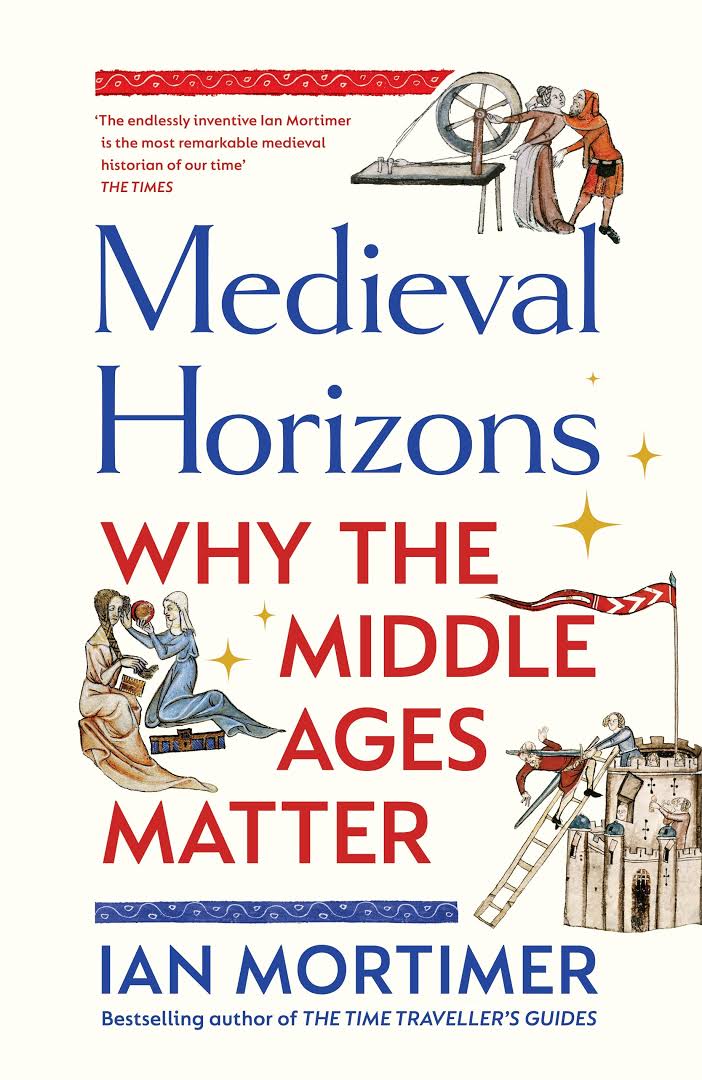Medieval Horizons
Why the Middle Ages Matter
Many people regard the European Middle Ages as a long, unchanging period characterised by war, religion and disease in which not much happened to compare with the astonishing changes of the nineteenth and twentieth centuries. Historians have rarely challenged this idea. Why? The reason, as this book makes clear, is an obsession with technology. In short, people in all walks of life equate social change with inventions. Looking at their phone is such a striking metaphor for change that it seems nothing could possibly rival it.
This is fundamentally wrong. We often say that 'Shakespeare speaks for us' even though he knew nothing of all the inventions that have taken place over the last 400 years. The ways we think and act today have a lot in common with the ways our sixteenth-century ancestors thought and behaved. The same cannot be said for our eleventh-century ancestors. In short, the greatest changes in daily life were not experienced in the four hundred years since Elizabeth I died but in the six hundred years before.
Over the years 1000-1600 we saw a society in which war was normal develop into one in which peace was normal. Slavery was abolished, then serfdom followed it into obsolescence, giving ordinary people greater freedom to make their own life choices. The law became a constant aspect of daily life. Murder rates collapsed. People travelled further, faster and more regularly. Their homes went from turf-walled or wooden-framed huts to stone buildings several storeys high with glazed windows, handsome furniture and comfortable fireplaces. Public structures grew hundreds of feet higher; towns grew larger and the collective memory grew longer and more reliable with the spread of schools and writing. A sense of individualism spread throughout society, explorers sailed around the world, and trade encompassed the globe.
This book outlines all these major changes and many others that took place between 1000 and 1600. It thereby shows how much we owe to the Middle Ages - how revolutionary the period was. Indeed, if we really want to understand why society is the way it is today, we need to look back not just at the last few hundred years of technological change but much further, at our medieval past.
 |